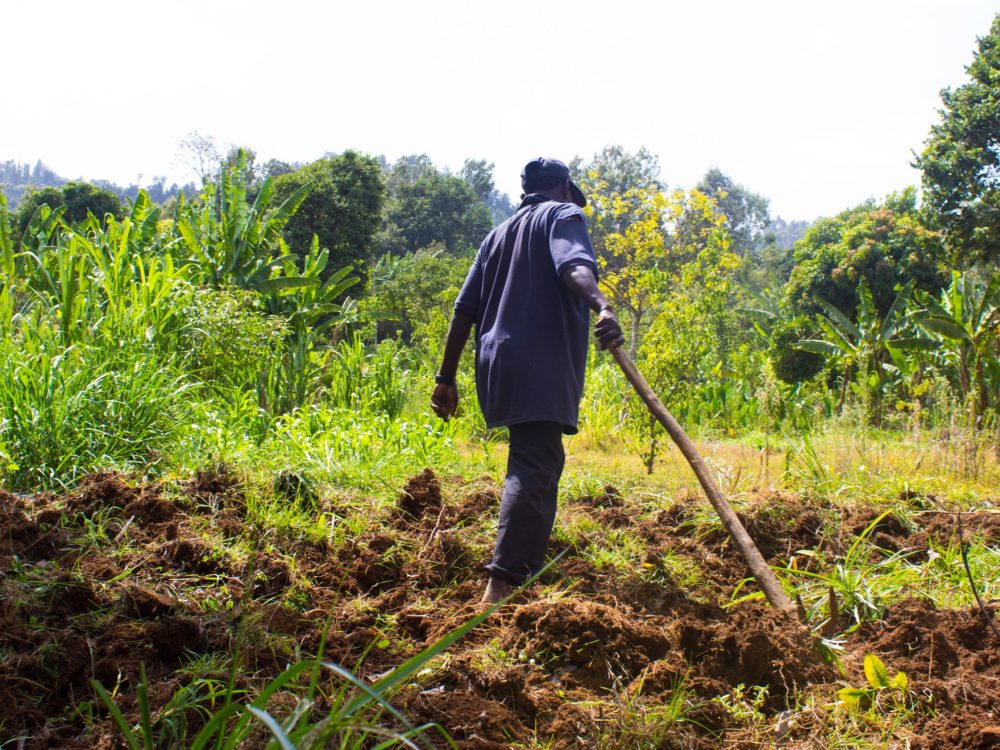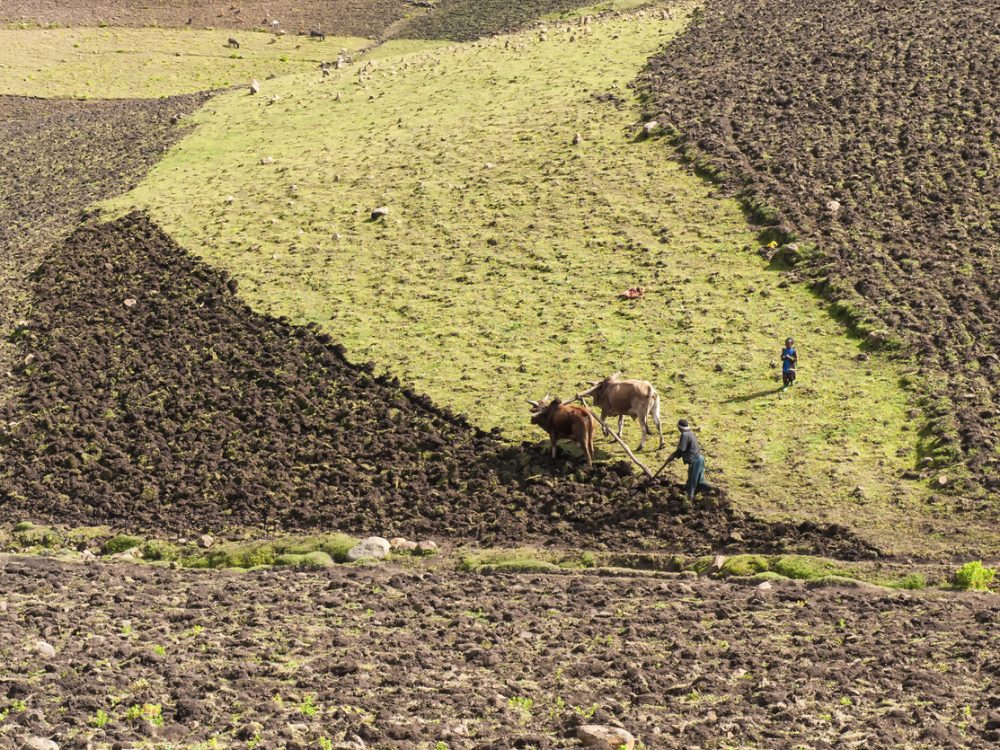Digital Advisory Support Services for Accelerated Rural Transformation (DAS) Program
The DAS Program seeks to advance food security across Africa, the Middle East, and Central Asia by advancing access to and use of technological solutions that support smallholder farmers.
Our Digital Advisory Support Services for Accelerated Rural Transformation (DAS) Program aims to close the gap in digital tools and information access for smallholder farmers. The ultimate aim of the Program is to create resilient food systems across Africa, the Middle East, and Central Asia.
The DAS program—which launched in March 2022 and will continue through March 2025—is funded through the International Fund for Agricultural Development (IFAD) and implemented in partnership with Jengalab and TechChange.
Why Smallholder Farmers are Key to Food Security
Small farms account for 84% of total farms worldwide and produce 35% of the world’s food supply. Despite the significant role smallholder farmers play in feeding the world, these farmers face challenges in obtaining essential supplies (e.g., fertilizer and seeds) and accessing information on how to best grow and sell their crops.
Smallholder farmers face these issues because of systemic barriers including:
- Difficulty in identifying the right market for their product, making sure their products are of market quality, accessing transportation to get their products from farm to market, etc. (in other words, weak market linkages);
- Poor infrastructure (e.g., nonexistent or inaccessible roads or harvesting facilities);
- Financial constraints, including limited access to credit; and
- Unpredictable weather conditions due to climate change.
These issues are mitigated when smallholder farmers have access to information and communications technologies, such as radios, apps, satellite systems, etc. These technologies help farmers procure resources and better plan for harvesting and selling their crops—which in turn, improves food security.
How the DAS Program Helps Create Resilient Food Systems
Overall, the DAS Program provides IFAD-funded programs with recommendations on how to scale sustainable digital solutions and how to build capacity and strengthen institutions through cutting-edge digital topics, monitoring and evaluation frameworks, and development of appropriate national policies. Specifically the DAS Program’s advisory work:
- Increases access to information and inclusive financial services for smallholder farmers and the partners with whom they work (including extension workers) and
- Advances the use of information and communications technologies to allow for better targeting, monitoring, and impact measurement for agricultural development.
The DAS Program identifies opportunities to pilot, scale, and implement digital solutions across agricultural programs in East and Southern Africa, West and Central Africa, and Near East and North Africa from 2022 until March 2025.
Share
Related Posts

Reflecting on 3 Years of Digital Advisory Support for Agricultural Transformation
As the DAS program concludes, this blog reflects on its impact in advancing digital transformation in agriculture, highlighting lessons on capacity building, knowledge transfer, and sustaining resilient food systems.

The Future of Food Systems: Spotlight on Ethiopia
When we discuss food systems, we are not just talking about farms; we are referring to the entire food supply chain. We are talking about how people eat, live, and navigate an increasingly volatile climate. This blog post analyzes Ethiopia's national food systems strategy as an example of where UNFSS can go next in strengthening food security globally.

Building a Sustainable Cashew Sector in West Africa Through Data and Collaboration
Cashew-IN project came to an end in August 2024 after four years of working with government agencies, producers, traders, processors, and development partners in the five implementing countries to co-create an online tool aimed to inform, support, promote, and strengthen Africa’s cashew industry. This blog outlines some of the key project highlights, including some of the challenges we faced, lessons learned, success stories, and identified opportunities for a more competitive cashew sector in West Africa.